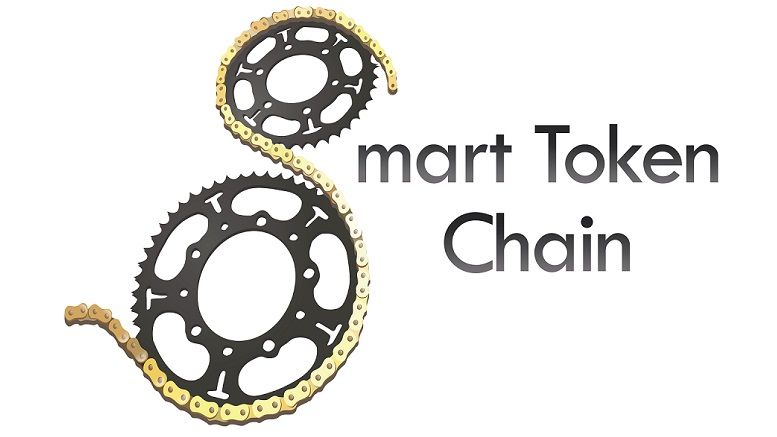
Smart Token Chain: The Blockchain System Integrator
Smart Token Chain, Inc. announces the launch of its Smart Contract Settlement Exchange, connecting diverse banking and other payments systems worldwide without requiring each institution to integrate to hundreds of upcoming proprietary blockchain payment systems.
Smart Token Chain gives financial institutions the ability to create fully proprietary ledger systems and smart contract tools, yet easily exchange transaction and settlement messages with other proprietary blockchain systems.
Smart Token Chain technology will also connect traditional or legacy payments systems to these new proprietary blockchain systems, so financial institutions that are not investing heavily in blockchain innovation labs will have the ability to reach, and collaborate with, those ahead of them on this technology curve.
Find more details here: http://smarttokenchain.com/wp-content/uploads/2016/01/Smart-Token-Chain-STC_Whitepaper_December-2015-1-1.pdf
“The blockchain promises rapid, secure and inexpensive transactions using smart contracts,” says Thomas Meredith, CEO of Smart Token Chain.
“It allows a decentralized ledger system to manage transactions in a secure manner. But if everyone is creating their own proprietary solution, how will all these institutions communicate with each other? Without that integration piece, investments in blockchain settlement systems may not pay off.”
Integrating Proprietary Blockchain Solutions Will Strengthen Banks’ Competitive Positions
Financial institutions and industry intermediaries are rushing to get ahead in this technological race through their innovation labs. They want the speed and contract closure (Finality of Payment) that the blockchain offers. They like the vision of being able to economically process fully automated and/or programmable smart contracts that bypass intermediaries. But they have no interest in the “open ledger” that formed the founding rationale for BitCoin.
Smart Token Chain spotted the need for a universal “blockchain system exchange” that will sit at the center of the web of all these proprietary blockchain settlement systems.
“Smart Contract settlement systems will remain proprietary,” notes Meredith.
“Financial institutions do not want to exchange assets and settle payments across P2P networks. But, building connections between counterparties so that all the proprietary systems built over the next decade will easily communicate, will take more investment than many banks and asset traders will want to bear.”
Smart Token Chain has created the integrating mechanism that will eliminate the cost of building all those interfaces. This will speed up acceptance of blockchain solutions for smart contract settlement, moving settlement speed from two days or more, to real-time.
“Imagine an oil trader agreeing on a contract, setting up the smart contract, and completing the final transfer of oil and payment all within the hour,” states Meredith.
“Imagine how much more business can be done with that speed of settlement. Imagine how much less trust would be required to wait minutes for payment rather than two days? Think of how many more deals could be done, with lower friction, lower risk, and lower cost.”
About Smart Token Chain
Smart Token Chain Inc. (STC) uses patent-pending Smart Token technology combining smart contracts, tokenization, and blockchain to unify financial services and establish a common global standard for value exchange. STC improves existing inefficient processes in P2P and B2B market segments, launching new services with a growing base of strategic global partners, including MasterCard, Ripple, and the World Council of Credit Unions (WOCCU). Each unique Smart Token includes counterpart identities, transaction and invoice data. STC derives revenue from licensing, transaction fees and low-risk foreign exchange (FX) arbitrage. Opportunities also exist for STC to power new P2P Lending, and global Trusted Agent Network models.
Smart Token Chain: http://smarttokenchain.com/
Related News





